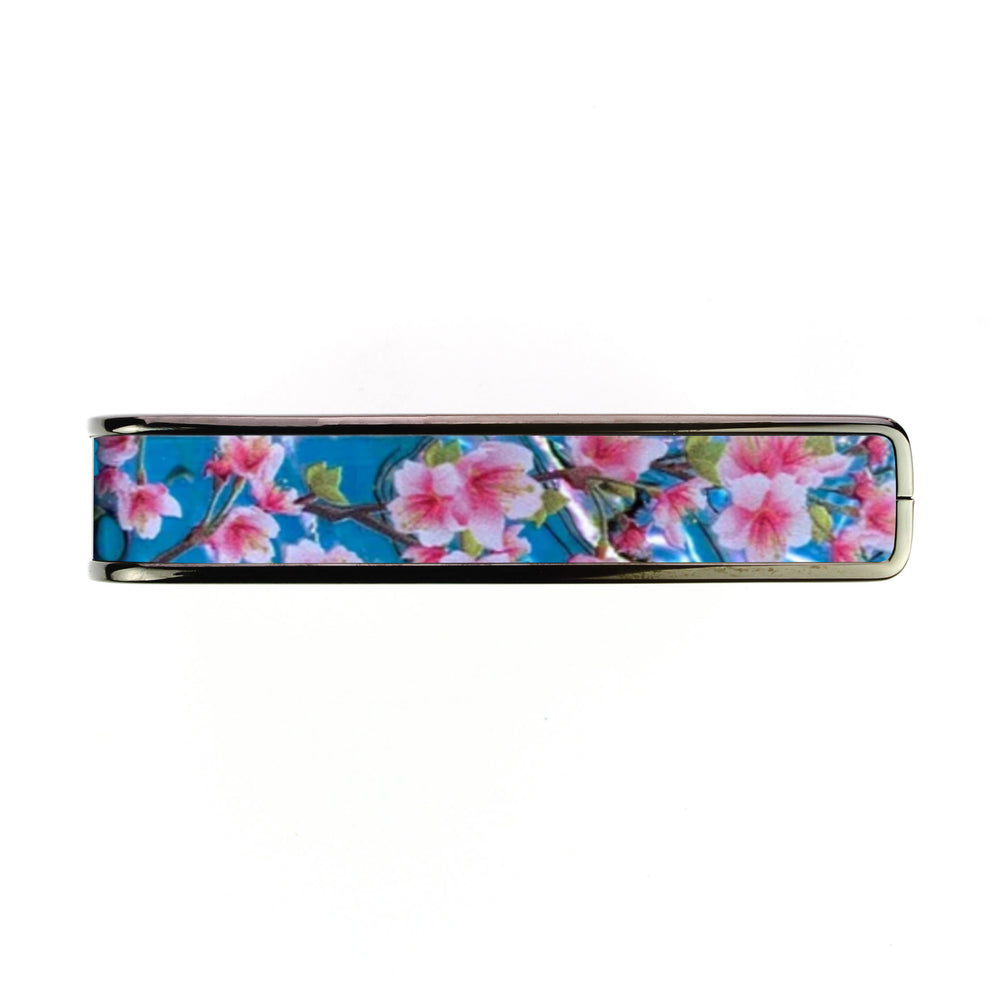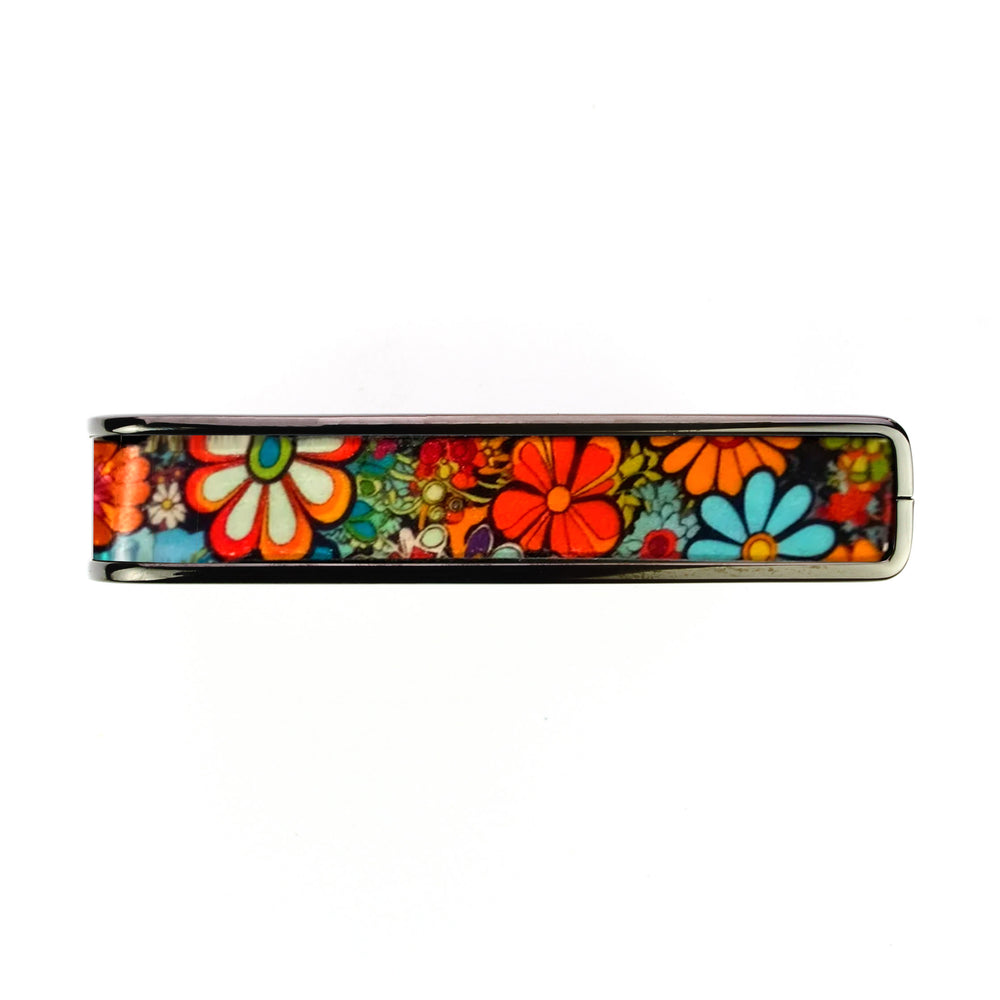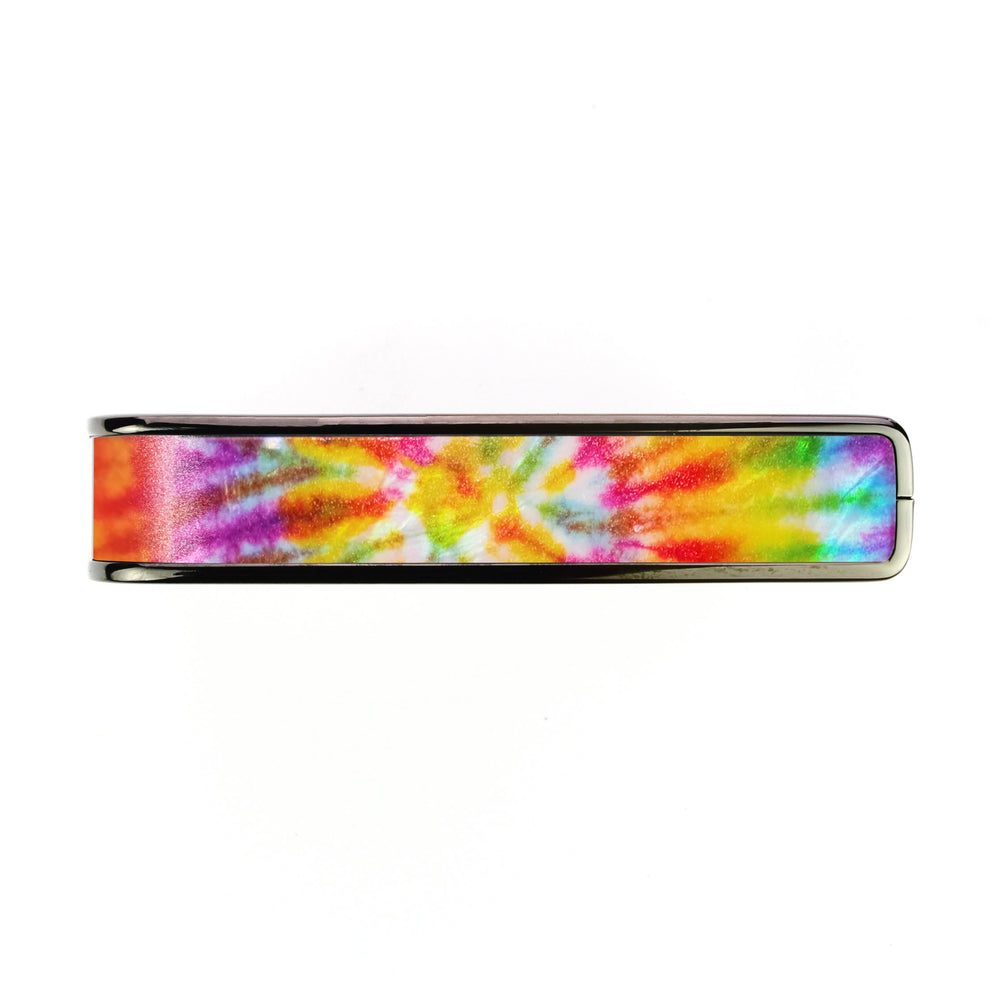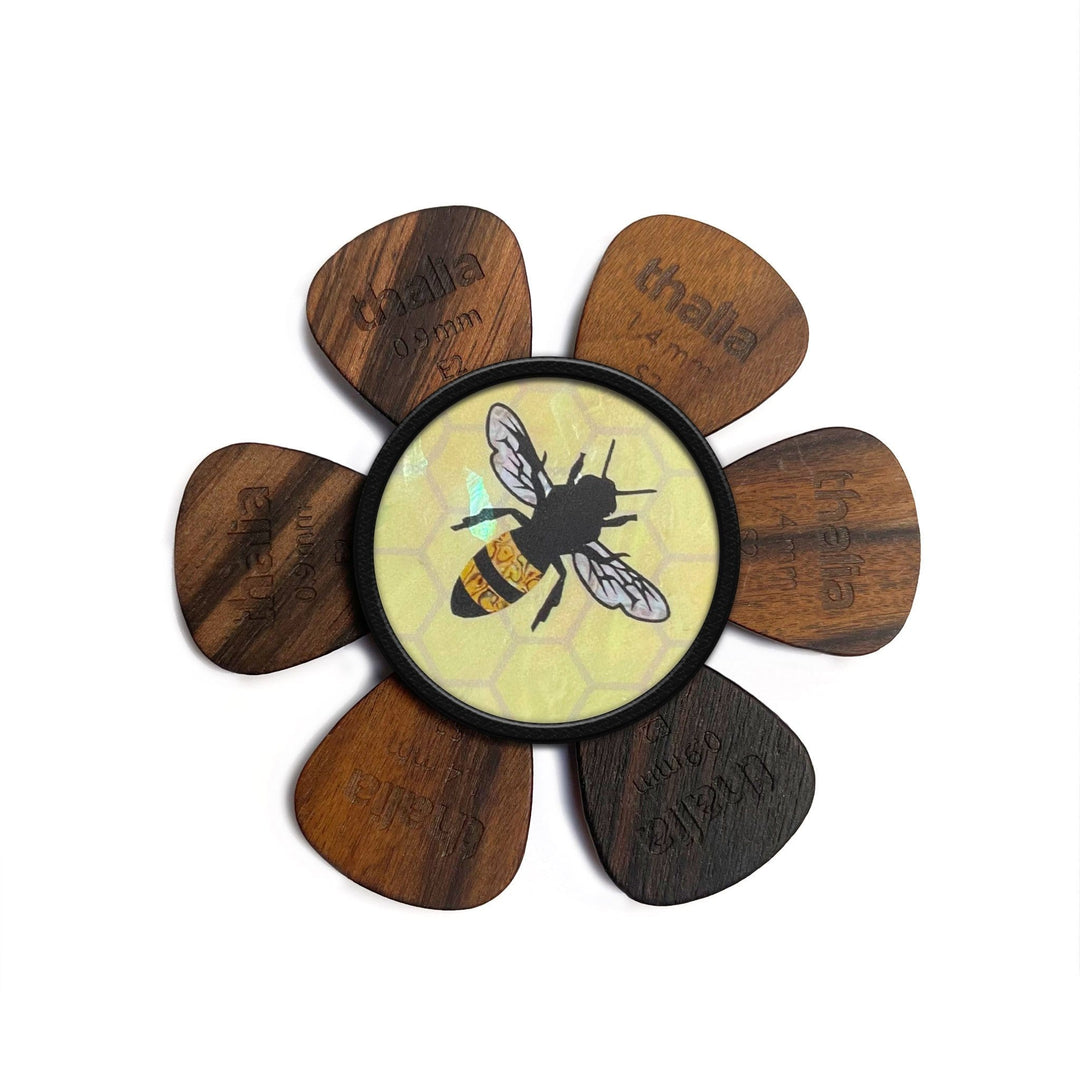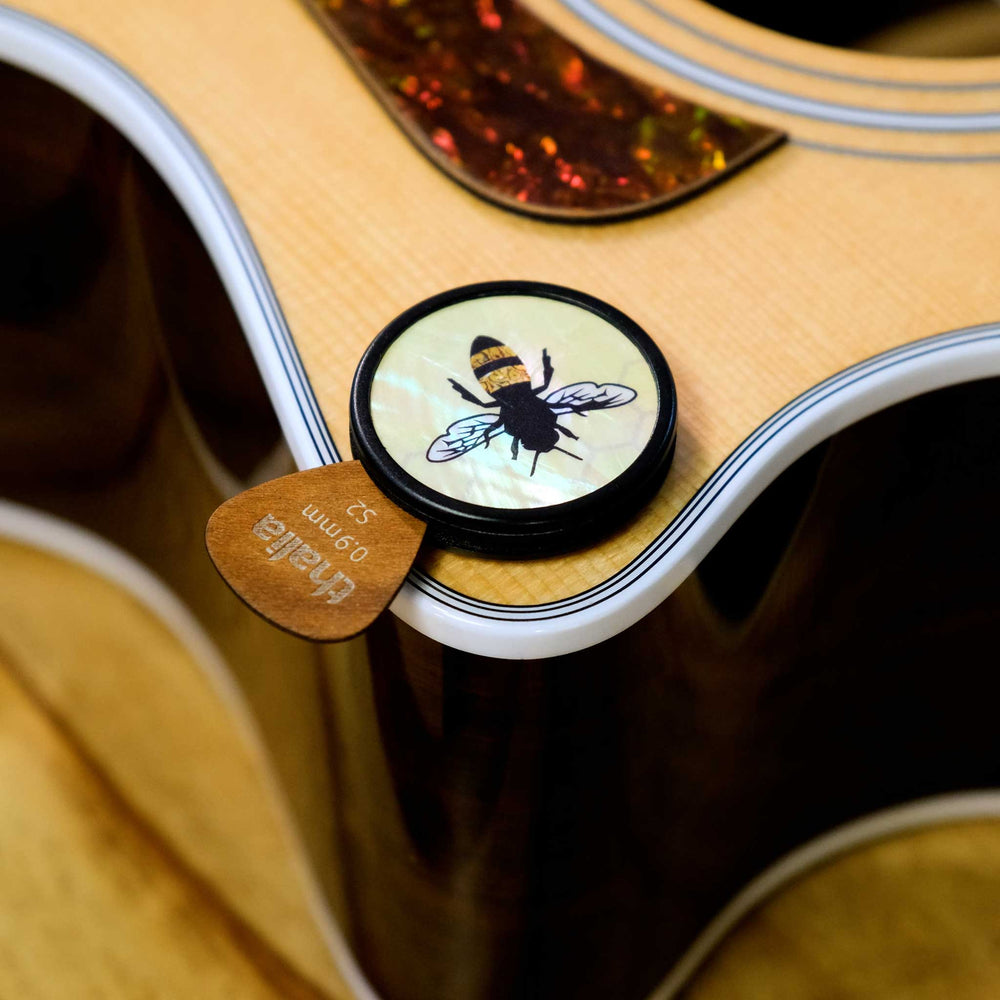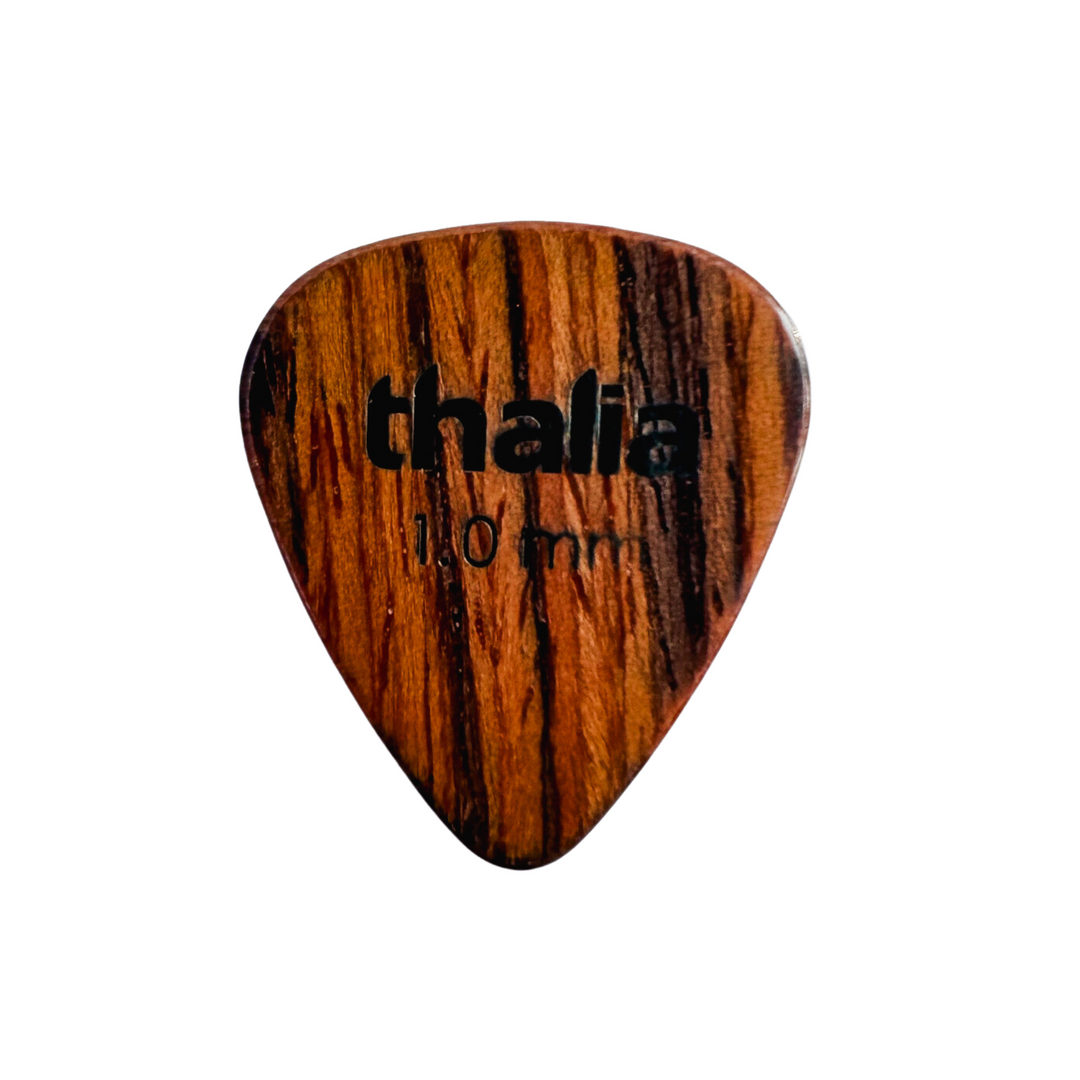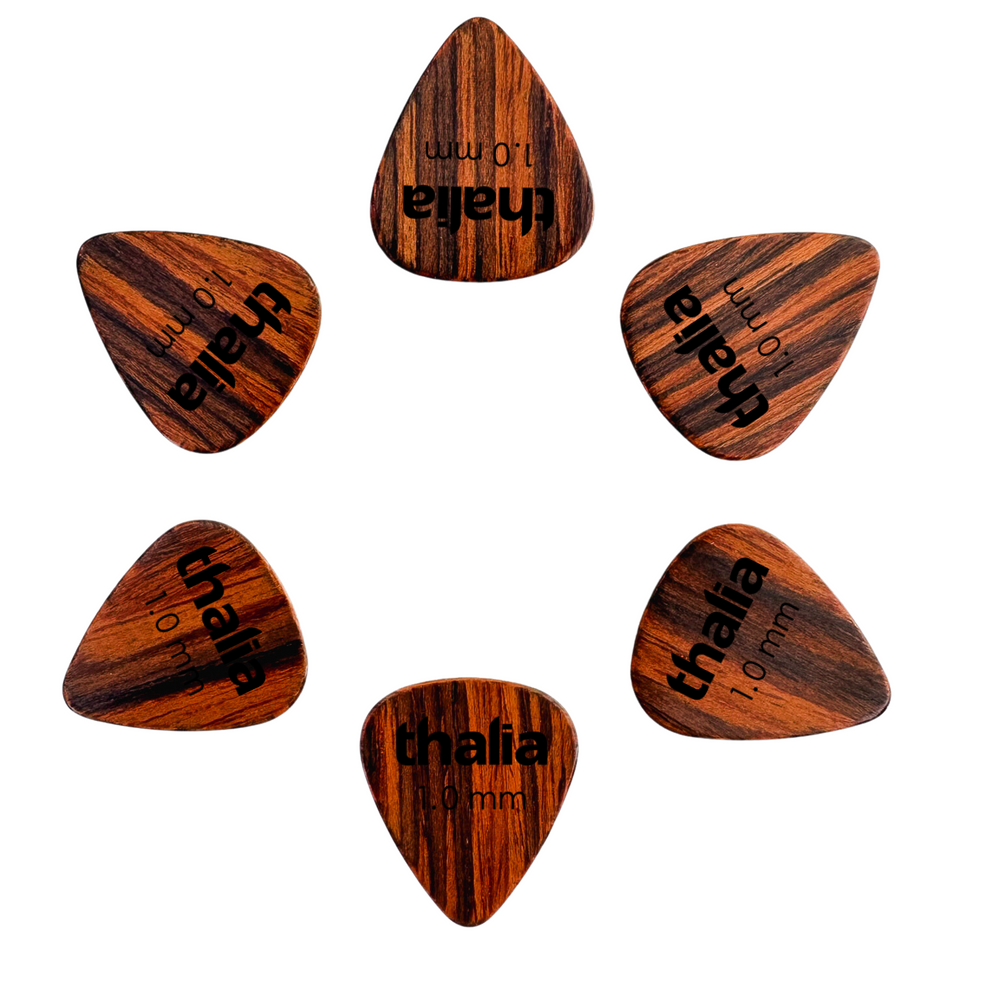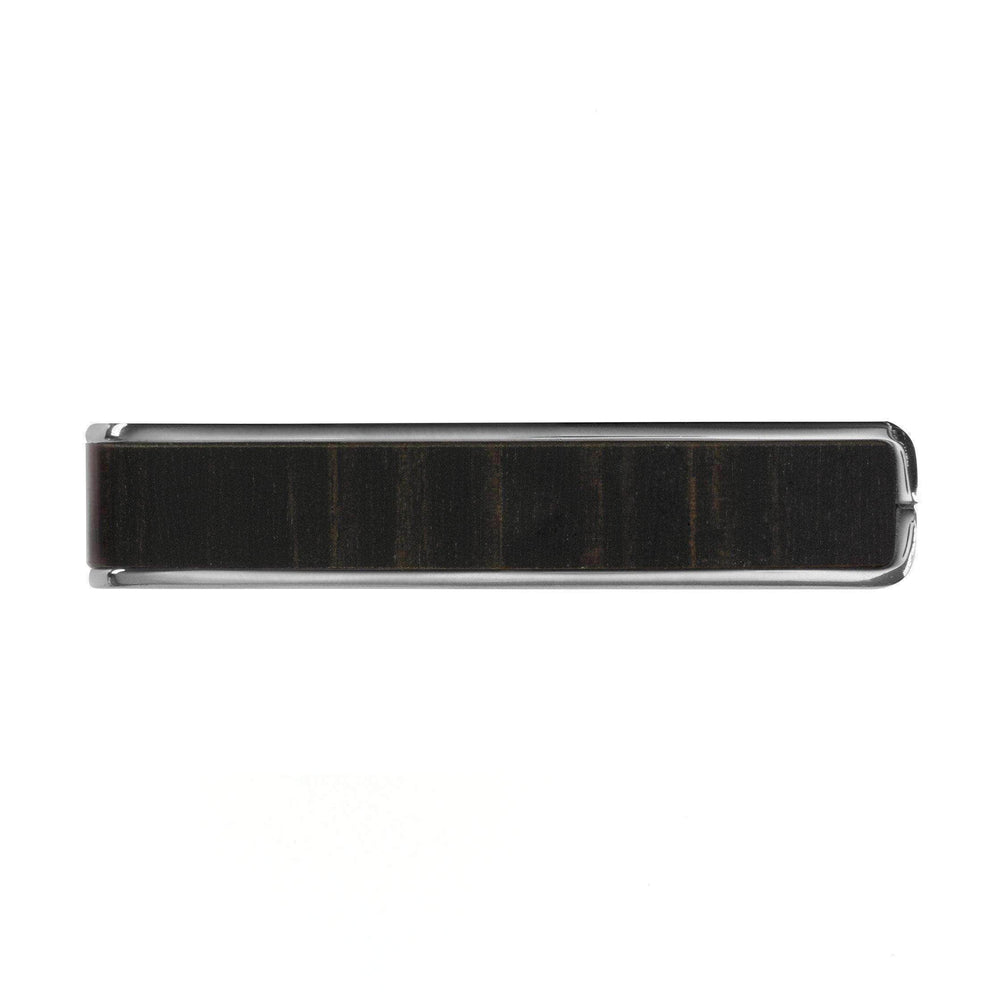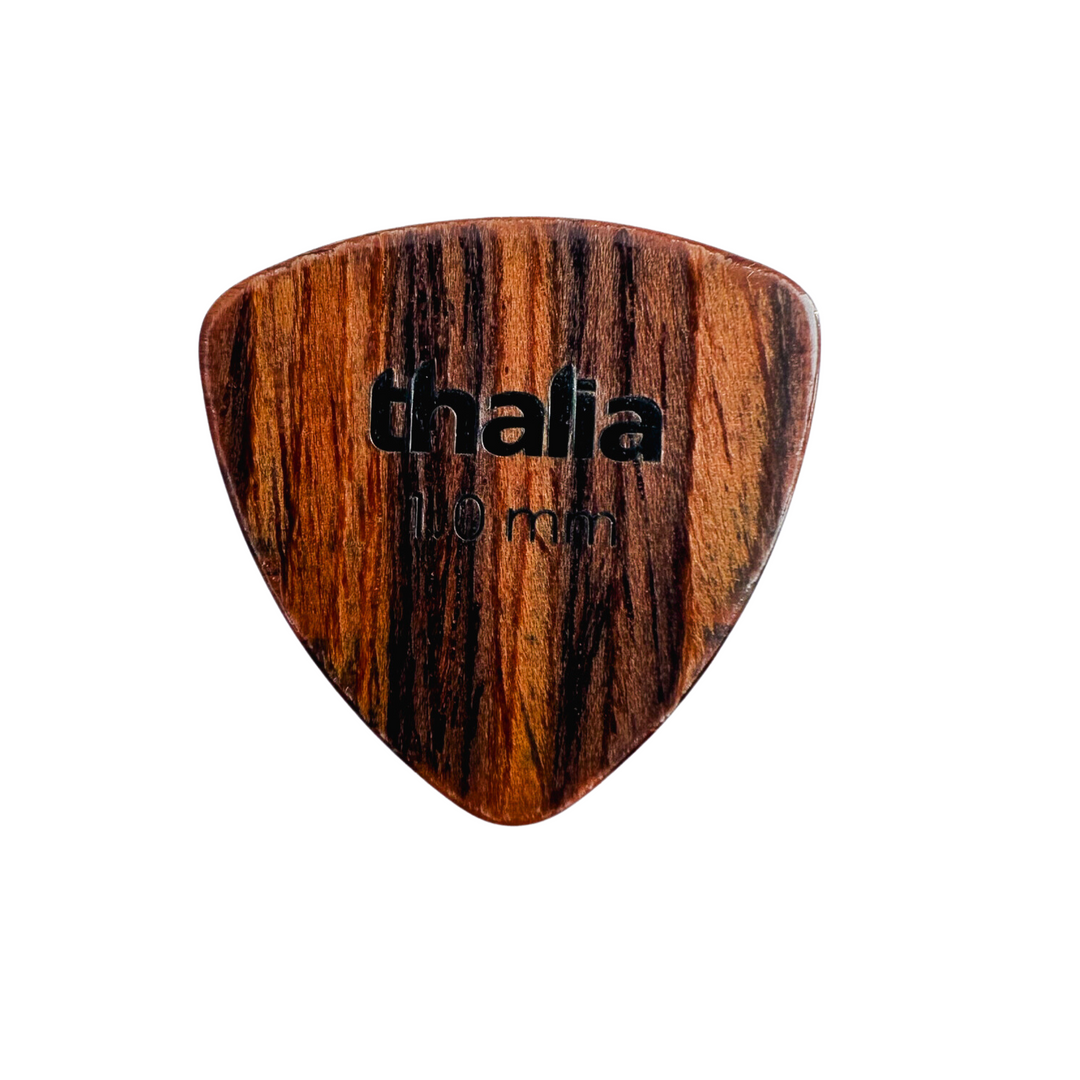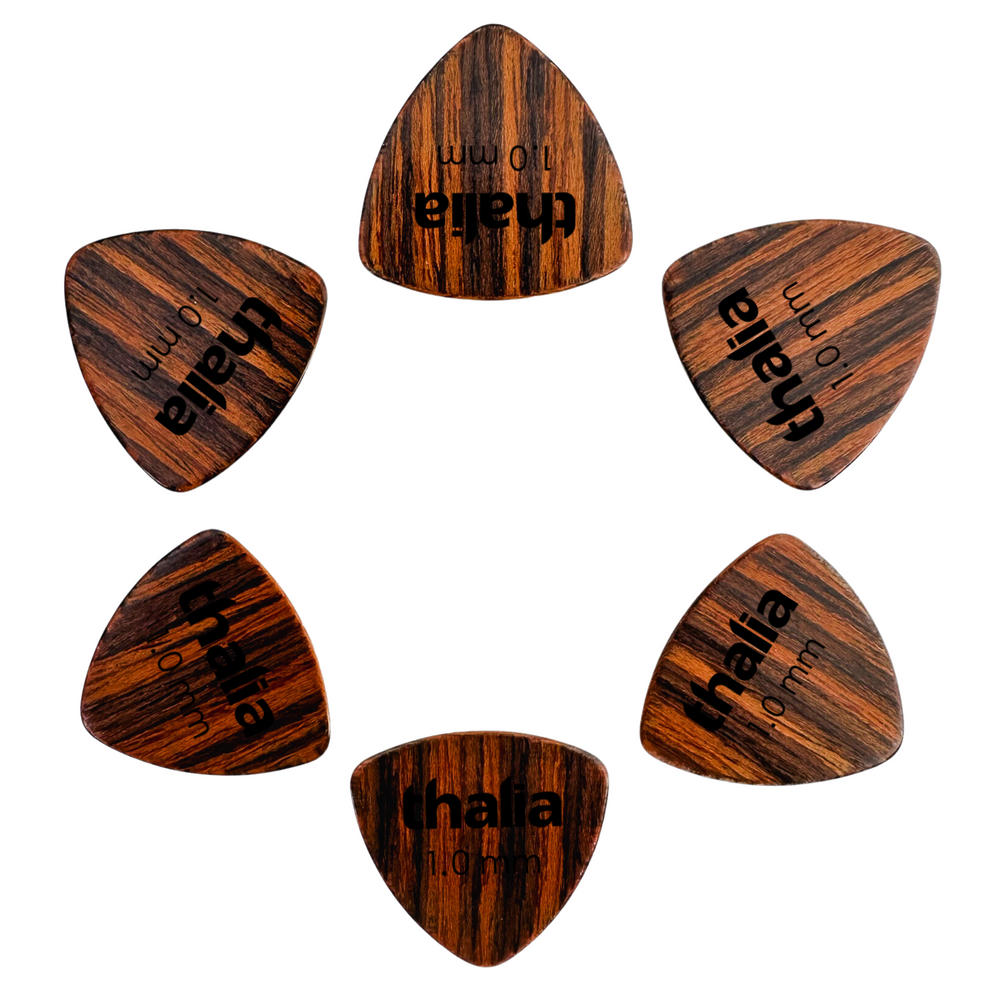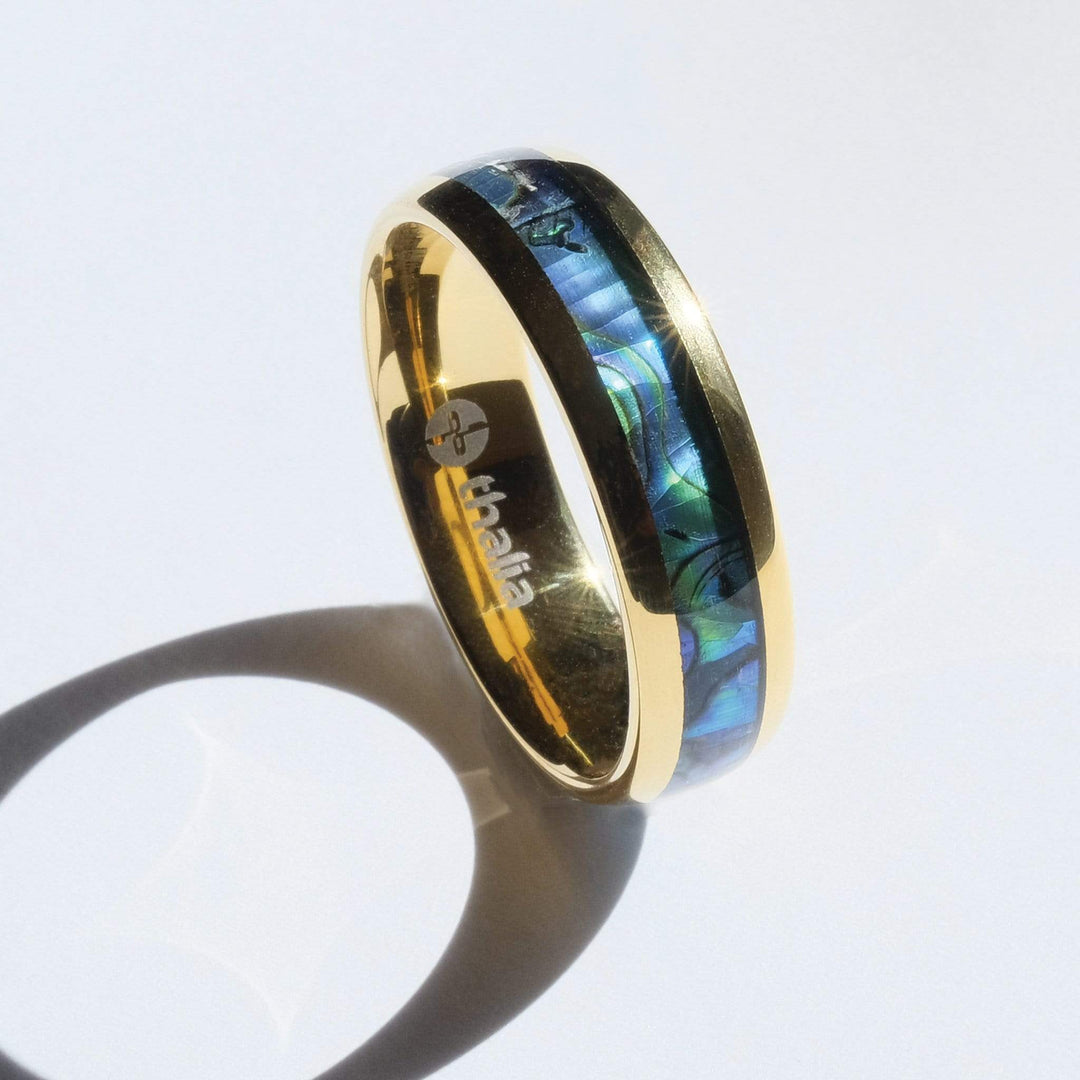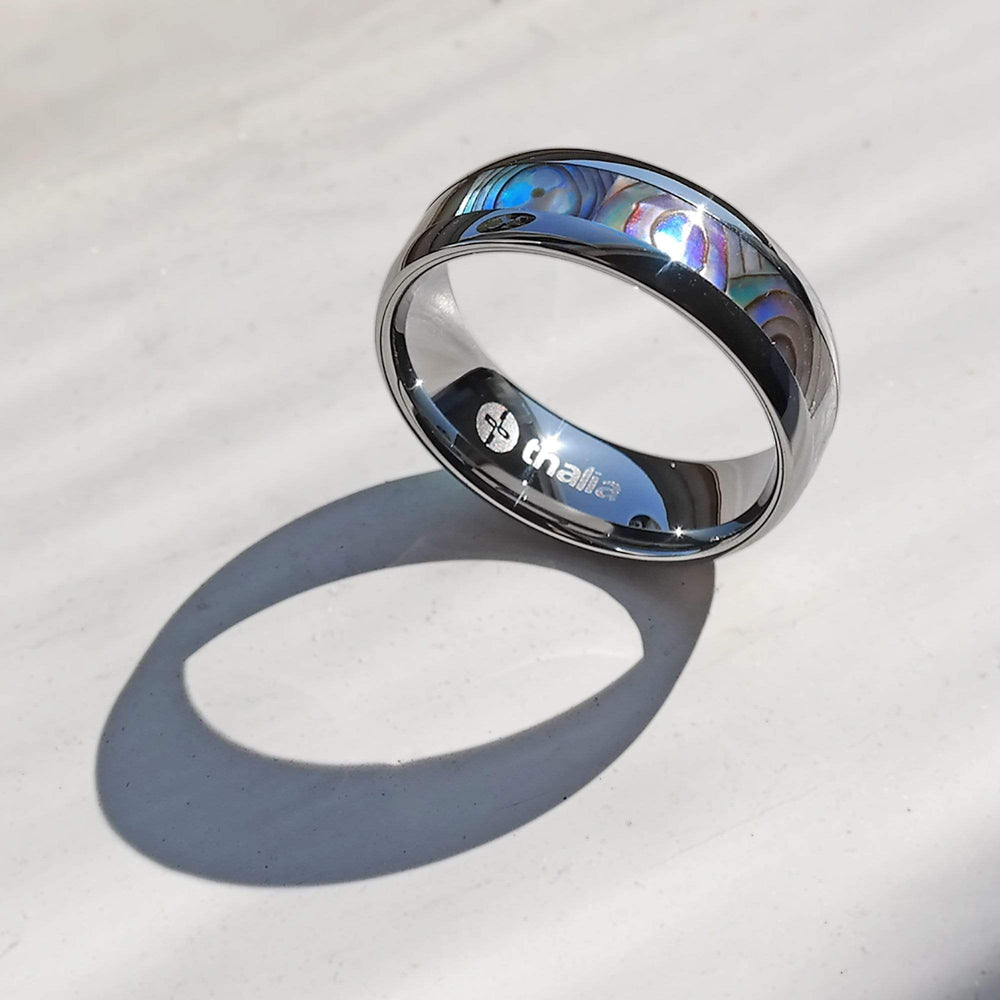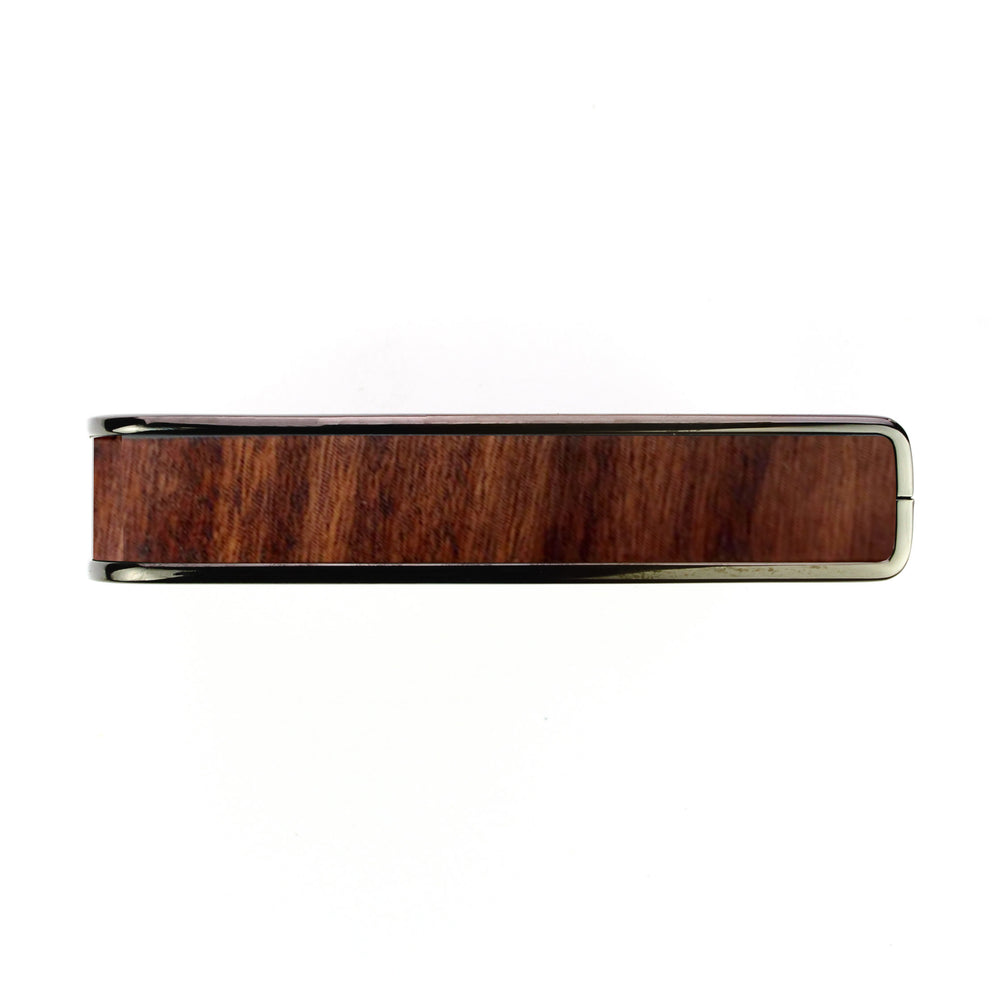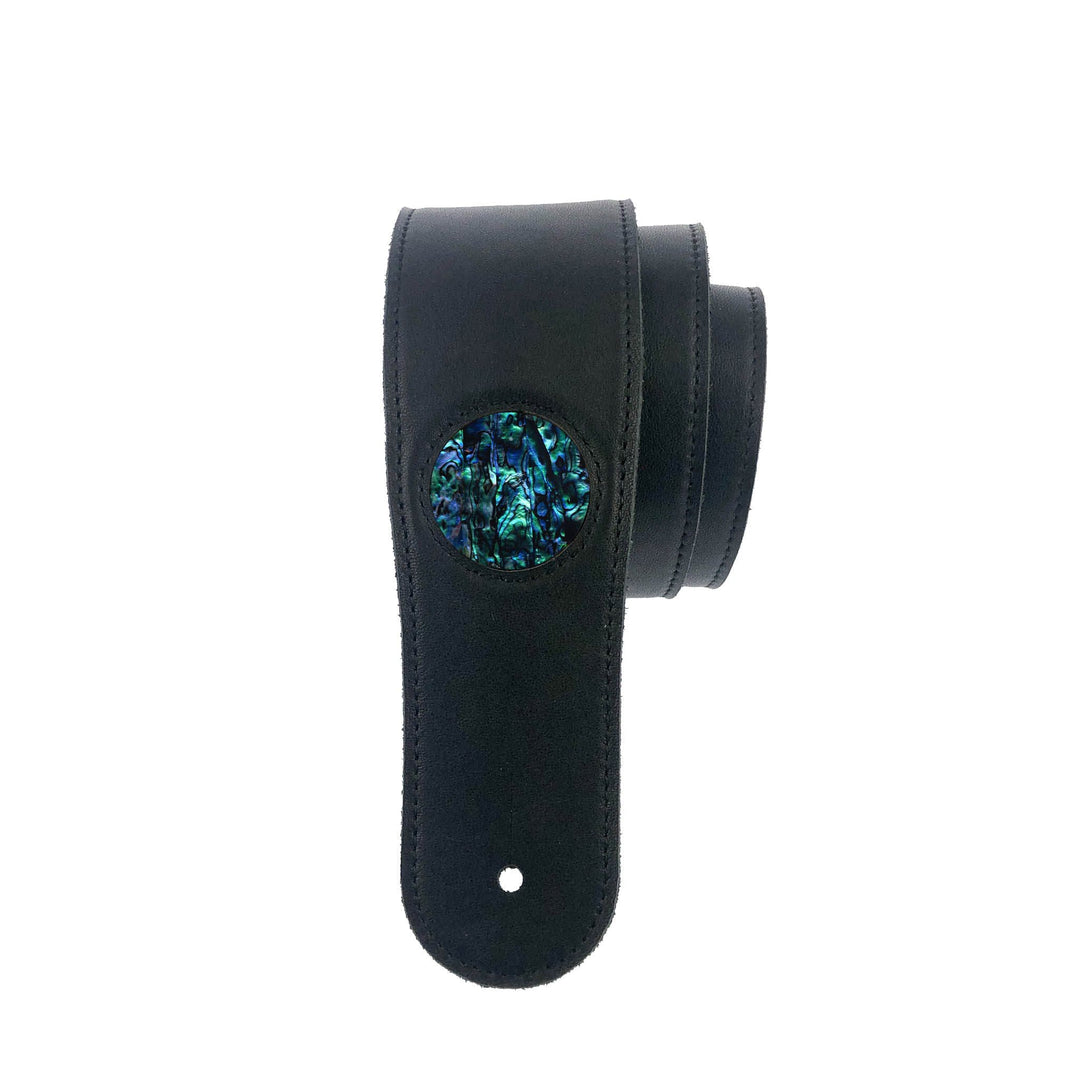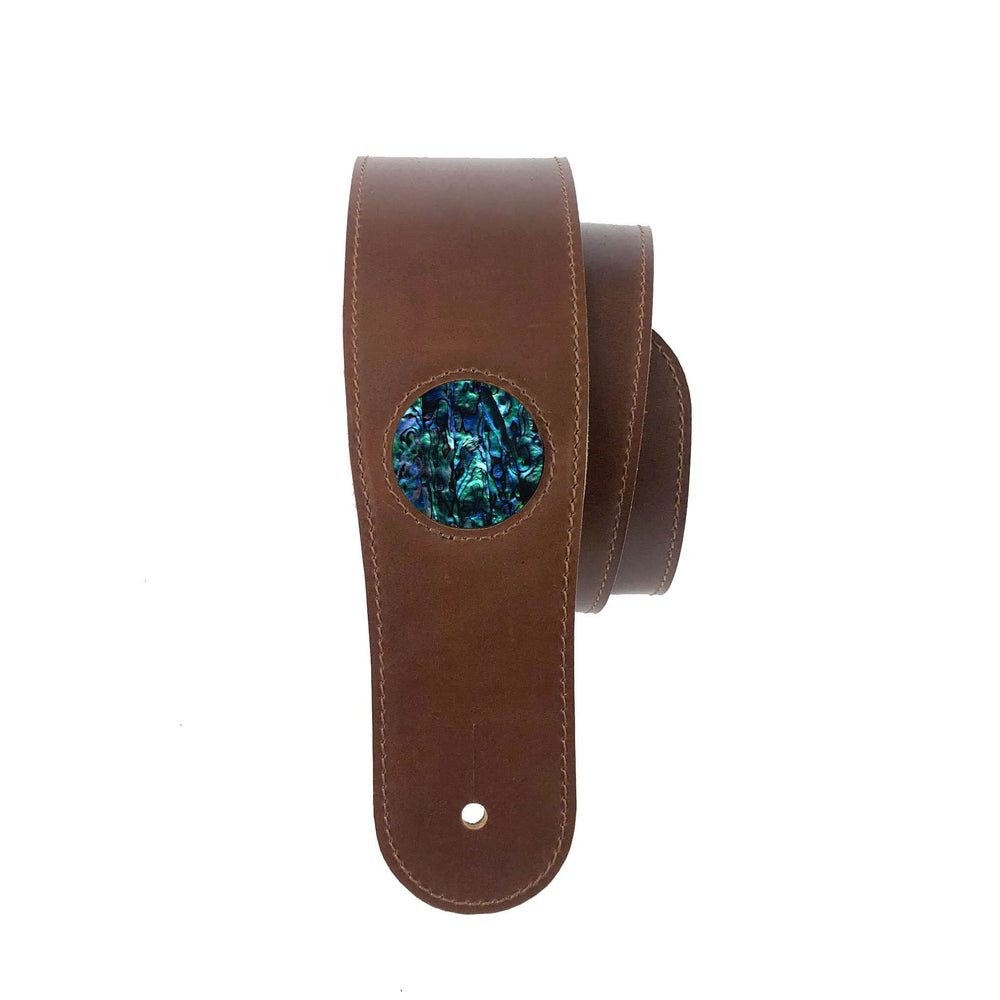The Real Reason I Listen to Vinyl

I love vinyl records.
They weren’t my format growing up; I’m of the era of tapes and CDs. But, when I hit my teens in the early 2000s, 12” records became an obsession. Fortunately for me, this was a little while before the so-called “vinyl revival,” and I was soon able to amass a sizable collection of stone-cold classic albums from flea markets and thrift stores at relatively small cost.
At the time, vinyl spoke to me for a couple of reasons. Weirdly, sound quality wasn’t one of them. These days, I appreciate the warmth that a vinyl record offers, but at the tender age of 14, my ears weren’t that well attuned.
No, I liked records because the artwork was big and because they were the original format that many of the albums I loved were released on. Vinyl felt like a link to the past: to the ‘60s and ‘70s, when all of my favorite musicians were at their artistic peak.
These days, I don’t buy as much vinyl as I used to. It’s far more expensive for one. Now that vinyl’s on trend, my thrift store bargains are fewer and further between. And, the truth is that streaming services offer a quick and convenient way to listen to music that’s hard to resist – these days, most of the music I consume is through Spotify.
I won’t be selling my record collection any time soon though (even though I’d probably see a healthy return on it). That’s because it performs an important function.
When I’m listening to music through my phone or laptop, I’m usually doing a million other things at the same time: reading the news headlines, sending e-mails, or writing articles. Even if I’m not staring at the screen, I’m often wandering around the house, doing chores while the music plays in the background.
The irony, of course, is that while I’m ostensibly “connected” through my device, I’m disconnected from the music.
Vinyl’s different. When I put a vinyl record on, the screen of my device isn’t competing for my attention. Thanks to the creakiness of the floorboards in my house, I can’t really move around for fear of skipping the record. Vinyl forces me to sit still, to stop everything else I’m doing and to really listen to a given album, to appreciate it, and to discover new things I’d never before heard in old favorite records.
In those moments, I usually switch off my phone. And, while my notifications are silenced and my e-mails temporarily unread, I feel more connected than ever.
That’s the real reason that I listen to vinyl records.
Do you still buy vinyl? What’s your favorite record of all time? As always, share your stories in the comments section.



